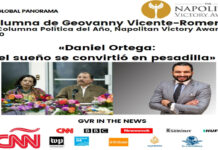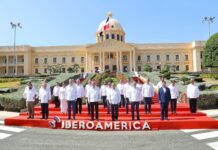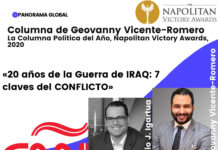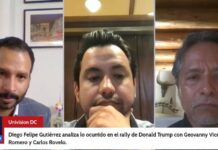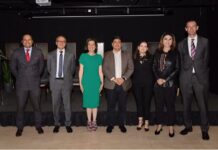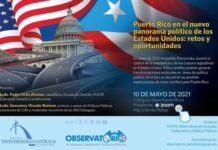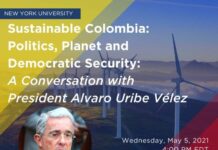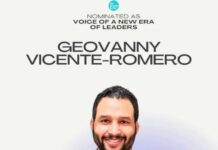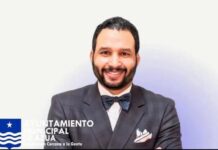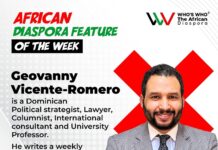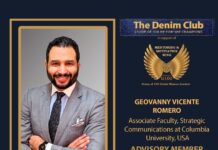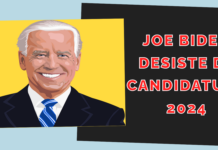
On the 15th of September, Washington DC hosted the inaugural Inter-American Business and Nature Forum (IABNF). The in-person conference shaped the emerging debate about the key role of businesses in Latin America – the world’s most biodiverse region – to protect the planet’s ecosystems.
The two-day Forum, was opened with a reception at the Art Museum of the Americas on the evening of the 14th, prior to an inspiring keynote by Carlos Alvarado Quesada (President of Costa Rica 2017-2022) that led to a full day of discussion on the 15th, with sessions that covered mining, energy, agribusiness, textiles and finance. Authorities and key names from across the region, including Goldman Sachs, IDB Invest, the World Bank, Grupo M, SolGold, InterEnergy and the Global Environmental Facility; shared their best biodiversity practices.

IABNF 2023 was hosted, live on the day, by Geovanny Vicente-Romero, a columnist for CNN Español and a professor of Strategic Communications at Columbia University in New York, whi also services as Chief Communications Advisor for IIJS.
Biodiversity and business
A number of factors have come together to put biodiversity in the Americas at the forefront of the global sustainability conversation, says Rafael Benke, founder of Proactiva Results, a Brazilian based ESG firm. “Climate change and C02 emissions have dominated the sustainability debate over the last ten years. However, now there is increasing emphasis on natural capital. The landmark biodiversity agreement at COP15 was a big shift because it created a roadmap and guidelines for corporations. It will start to have a big impact on how projects are financed.”
When I am working for my clients then I am competing against other investment banks. But when it comes to sustainability, I am keen to learn from my peers and give any help back that I can because biodiversity is a challenge that impacts us all.”
Agostina Pechi, Managing Director, Head of Emerging Markets and Commodities Local Sales and Latin America Structured Credit Sales at Goldman Sachs
One company that is already putting green finance to use in the Americas is InterEnergy, a Dominican Republic-headquartered power generator with operations that stretch across the region from Jamaica to Chile. It issued a $262million green finance bond in 2020, while in 2021 it announced ambitious renewable energy targets at COP26 at Glasgow. “Biodiversity and climate change are so connected”, says Roberto Herrera, InterEnergy’s Dominican Republic Country Manager. Climate change is more widely understood, says Herrera, but they are incredibly interlinked. “We measure ourselves both in terms of our climate change impact and our natural impact”, says Herrera. “That’s why IABNF is so important – it helps put an important topic on the agenda. Most businesspeople don’t realise the importance of biodiversity on their bottom line. Events like this Forum help companies share their experiences and learn about best practices from other industries.”
Agostina Pechi, Managing Director, Head of Emerging Markets and Commodities Local Sales and Latin America Structured Credit Sales at Goldman Sachs, agrees. “When I am working for my clients then I am competing against other investment banks. But when it comes to sustainability, I am keen to learn from my peers and give any help back that I can because biodiversity is a challenge that impacts us all.”
Biodiversity fund
One example of this collaborative approach came from Scott Caldwell, the CEO of SolGold, a UK-listed miner developing a world-class copper and gold deposit in Ecuador. During IABNF, Caldwell announced the launch of a Ecuadorian Mining Biodiversity Fund, that would be used to establish an independent research body and think tank to help Ecuador – a frontier mining industry that analysts expect to become a major global player – better understand the impact the sector will have on its ecosystems.

“I want to be clear”, says Caldwell, “we are starting the fund with a $1million contribution but it does not belong to SolGold. It will be totally independent and adhere to the best international standards. We know that Ecuador has world-class mining potential, but we also know that it is one of the most biodiverse places on earth, so Ecuadorians need to have the right facts to help them regulate the industry. We are in talks with other mining companies and investors that have exposure to Ecuador to get them to support the initiative.
The idea is that fund’s research will allow Ecuador’s government and civil society to make the informed decisions necessary to balance biodiversity with business. “I’m confident that responsible mining can honour biodiversity and protect the environment”, says Caldwell. In a rare stance for a miner, Caldwell believes not all metal deposits should be exploited and is even open to returning some of SolGold’s concessions to the government, so that they can be turned into nature reserves.
“Responsible miners are at the forefront of biodiversity protection because we go to the remote places where the minerals are”, says Caldwell. “The problem is that you have illegal or irresponsible miners that have caused damage in the past, which gives the industry a bad reputation.”
Continue the conversation
The event was held by the Inter-American Institute of Justice and Sustainability – a new social and environmental business model based in DC – in partnership with LatAm INVESTOR – a leading Latin America-focused investment magazine. Claudia de Windt, CEO, IIJS, hopes that IABNF is just the beginning of an increasingly important conversation.
“Negotiators from 196 governments closed 2022 agreeing to halt the loss of biodiversity in the Kunming-Montreal Global Biodiversity Framework – known as the GBF. The agreement will probably lead to more nature-based business and finance regulation but also extra opportunities for companies and investors willing to step up in the Americas. Building business coalitions and spaces to create coherent corporate dialogue and strategies for biodiversity and nature risk is key.”

Without doubt biodiversity is becoming an increasingly important business issue. “Clearly not all economic actors have the same focus on biodiversity”, says Benke, “but it is being talked about more during board meetings. For example, we recently helped a client with a massive $3billion pulp and paper mill. Part of the funding for that project included strict biodiversity impact conditions. Investors are increasingly applying the Equator Principles or Inputting the IFC performance standards.
It’s not just investors putting biodiversity pressure on companies, says Benke. “Many supply chains are becoming more environmentally-conscious. The large corporations have massive supply chains, so when they ask their direct and indirect suppliers to adhere to ESG standards, you see a massive multiplier effect that can improve standards at thousands of companies. The demand for these changes is often driven by consumers, who don’t want their purchases to harm nature, or environmental activists.” According to de Windt, “a large number of business assets in the Americas are located in important biodiversity areas and this is driving integrating it in corporate strategies in tandem with climate.”
The GBF will probably lead to more nature-based business and finance regulation but also extra opportunities for companies and investors willing to step up in the Americas. Building business coalitions and spaces to create coherent corporate dialogue and strategies for biodiversity and nature risk is key.”
Claudia de Windt, CEO, IIJS
IABNF shared the best natural capital practices from leading international companies, yet its clear there is still a long way to go. “When the 2015 Paris Agreement was signed, companies around the world quickly had to play catch-up”, says James McKeigue, Editor of LatAm INVESTOR. “We are at the same place today with biodiversity – and very few management teams have coherent plans in place to protect natural capital. Nature-responsible businesses will be the big winners in the Americas in the 21st century.”
Source: Latam INVESTOR
Closing remarks by Carlos Manuel Rodriguez, the former Costa Rican Environment and Energy Minister, and current CEO of the Global Environment Facility (GEF).
More of Geovanny Vicente-Romero’s participation as the host and MC for the inaugural #IABNF2023:
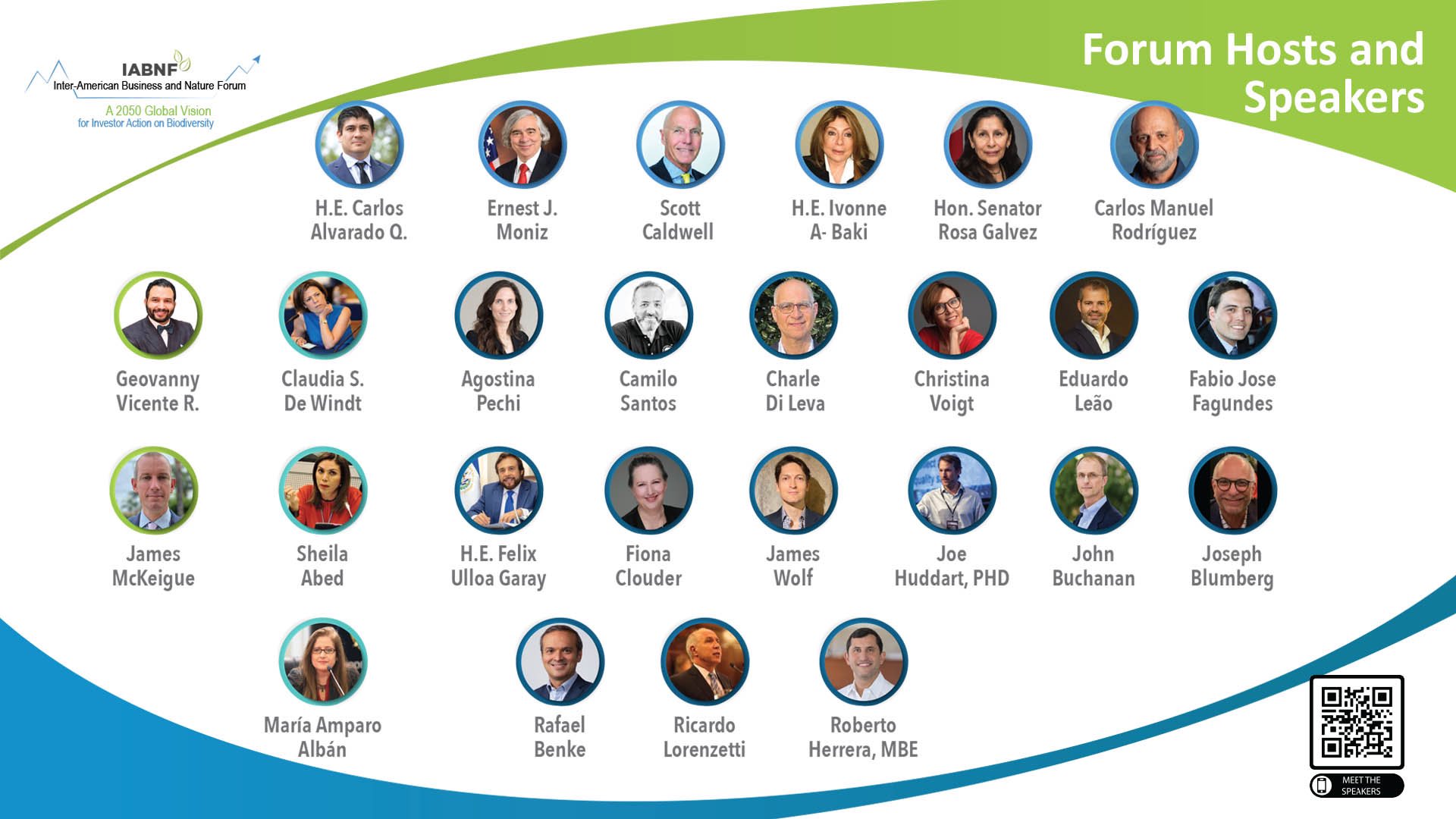
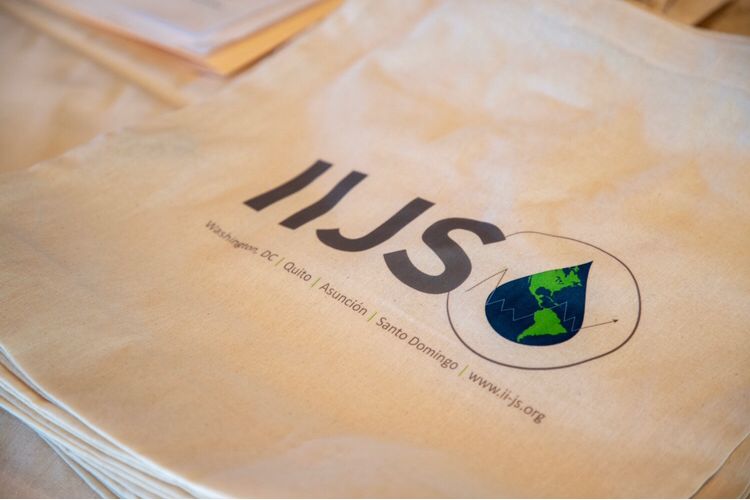
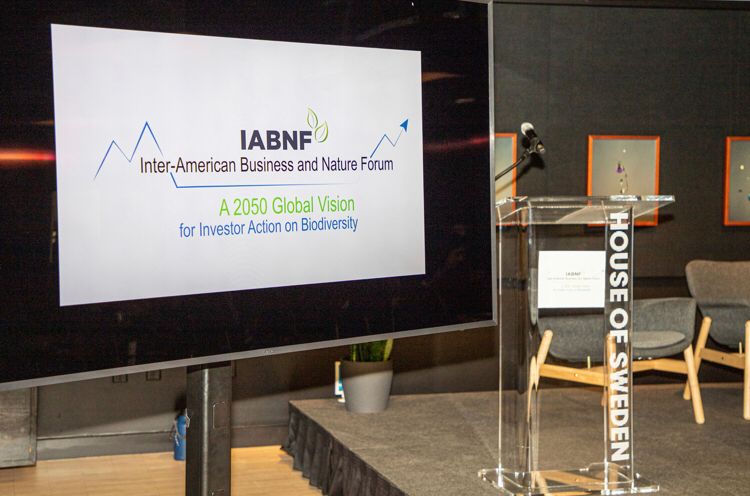
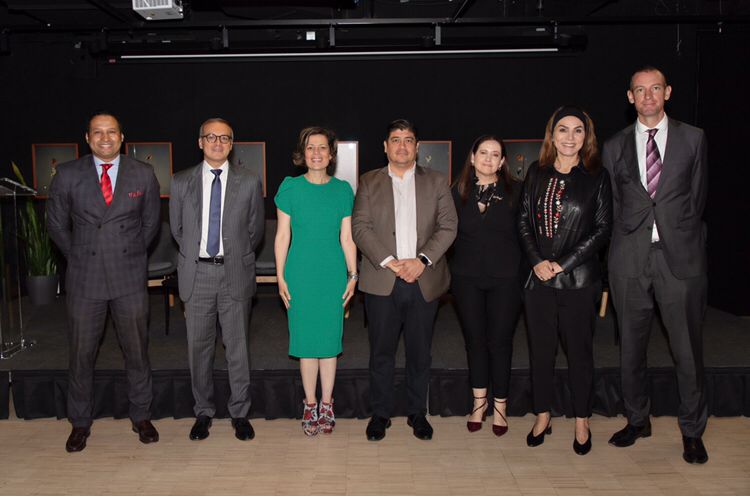
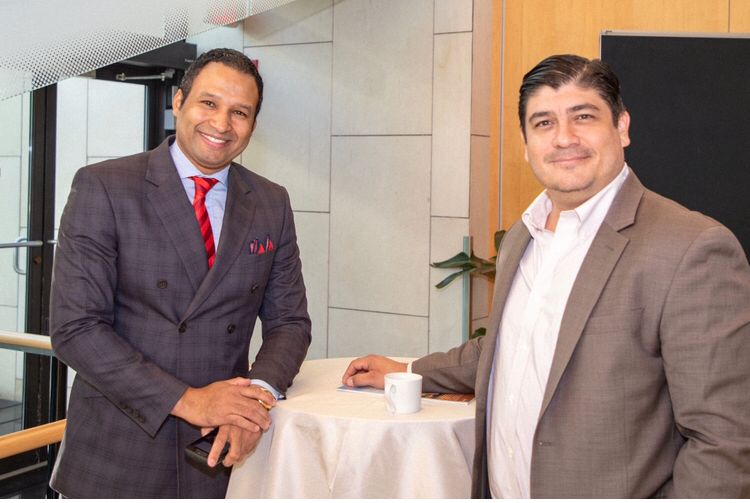
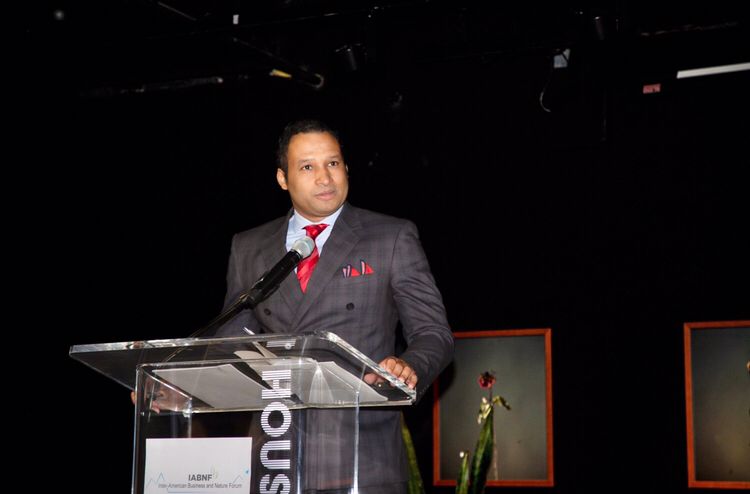


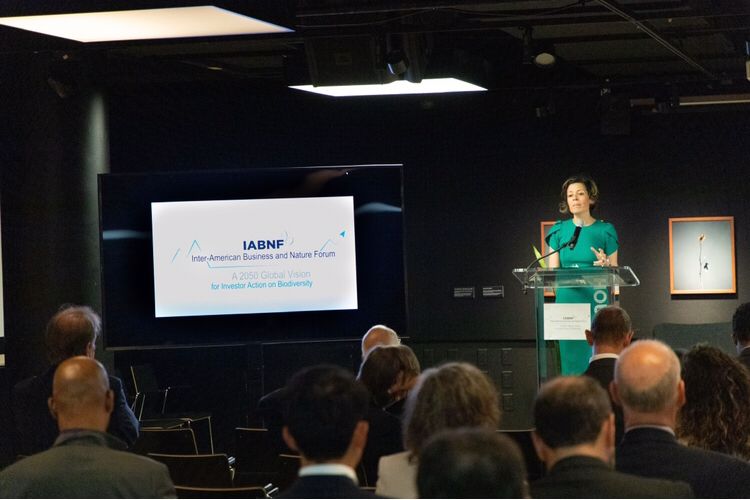
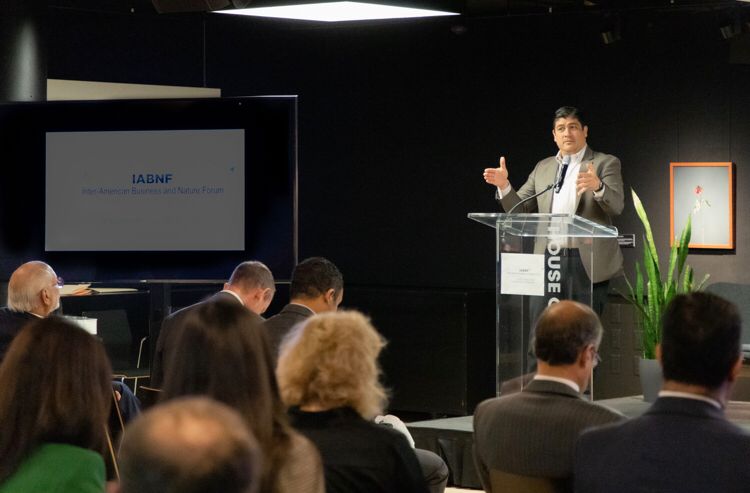
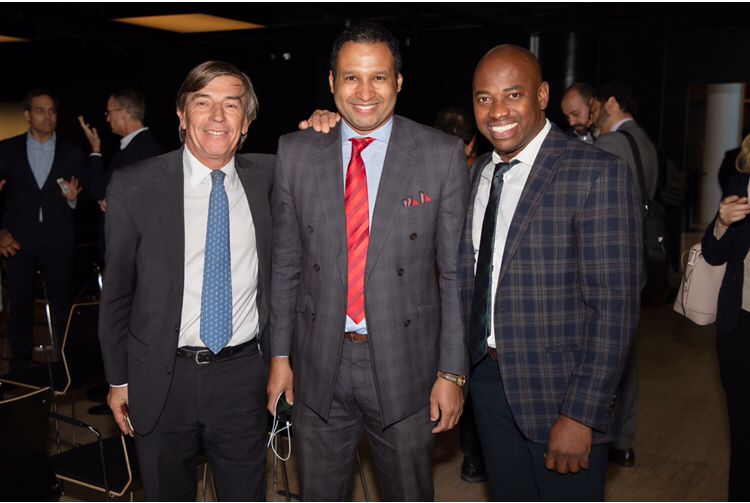
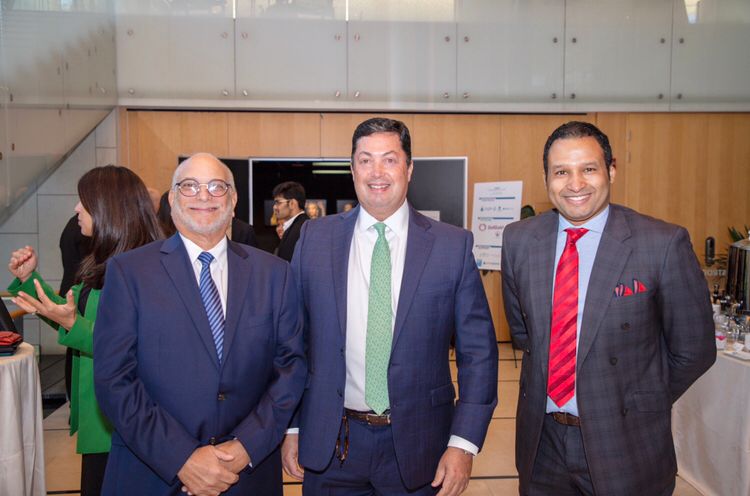
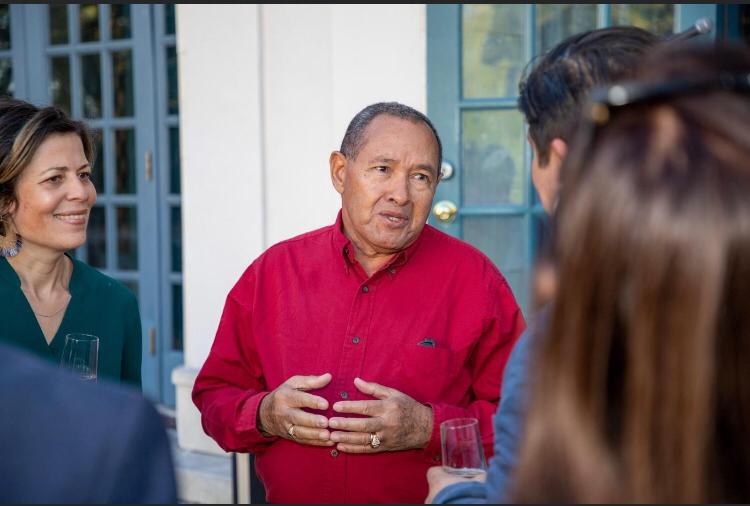
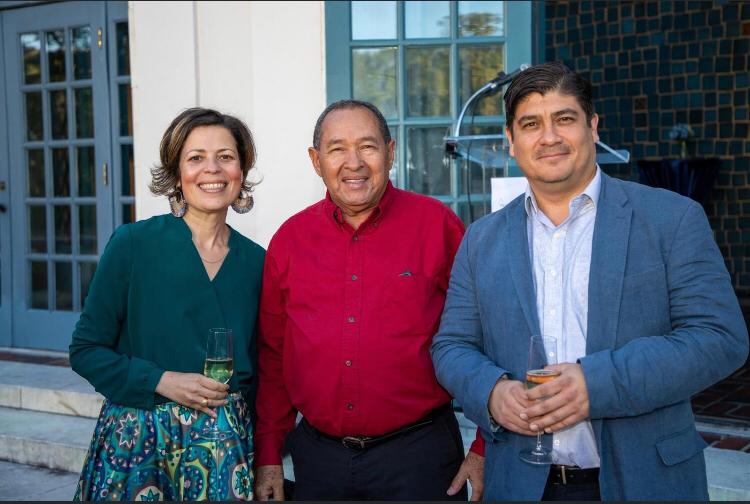

 Español
Español

